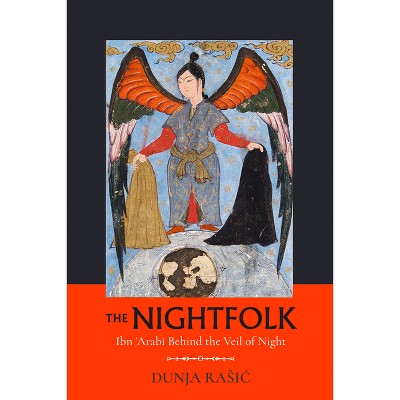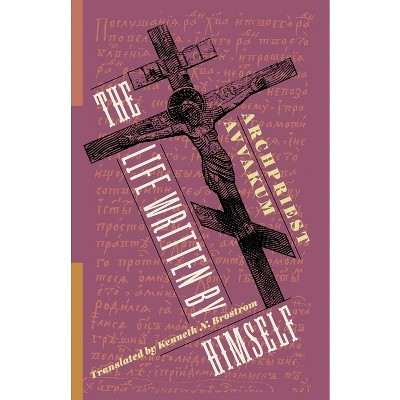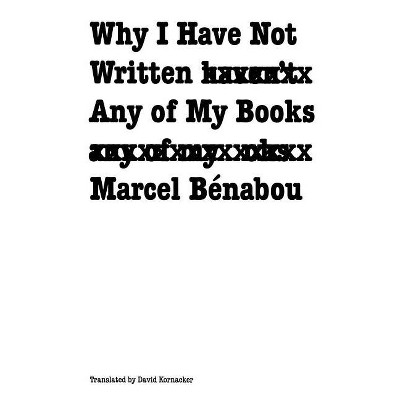The Written World of God - by Dunja Rasic (Paperback)

About this item
Highlights
- The Written World of God is the first and only systematic overview of the science of letters (ʿilm al-hurūf) according to the great Andalusian spiritual master, scholar, poet and philosopher Ibn ʿArabī (d. 1240).
- About the Author: Dunja Rasic (Ph.D) is a lecturer at the University of Belgrade.
- 240 Pages
- Religion + Beliefs, Islam
Description
Book Synopsis
The Written World of God is the first and only systematic overview of the science of letters (ʿilm al-hurūf) according to the great Andalusian spiritual master, scholar, poet and philosopher Ibn ʿArabī (d. 1240). Ibn ʿArabī defined the science of letters as familiarity with the building-blocks of the Qur'anic revelation and everything in the world of Nature. Letters are understood as visual and aural signs pointing to the mysteries of existence.
The present study examines how the universe came to be, for what purpose it was created and the hierarchical structure it is endowed with. It is an old story told anew - through the 28 letters of the Arabic alphabet, their orthographic forms and the meanings attributed to them, utilising Ibn ʿArabī's own diagrams. Although the story could be told through geometrical figures or numbers, letters were chosen on the basis of Ibn ʿArabī's doctrine that the meanings carried by the letters fully encompasses the whole of existence: God and the universe.
This book will appeal to anyone interested in Sufism and the sacred language of Arabic as well as those familiar with the work of 'the greatest master' Ibn ʿArabī.
Review Quotes
"The Written World of God is the first and only detailed introduction to Ibn 'Arabi's 'science of letters'. Through meticulous and thorough research, Dr. Rasic has shone important light on this essential and vast region of the authentic teaching of the greatest master of Sufism. In the process, she demonstrates how this sacramental science is used by Ibn 'Arabi to mine and display the incalculable power of the holy language of Arabic and elaborate a 'literal metaphor' for the creation and functioning of the cosmos and everything in it. This book corrects errors in previous scholarship and opens a very welcome door to the further study of what has been a too-long-neglected - sometimes unfairly disparaged - feature of the writings of Ibn 'Arabi in particular and Sufism in general." --Todd Lawson, Professor Emeritus, University of Toronto
About the Author
Dunja Rasic (Ph.D) is a lecturer at the University of Belgrade. Her academic interests include the Islamic philosophy of language, the science of the letters and the philosophical and theological thought in the early Islamic Middle Ages.










